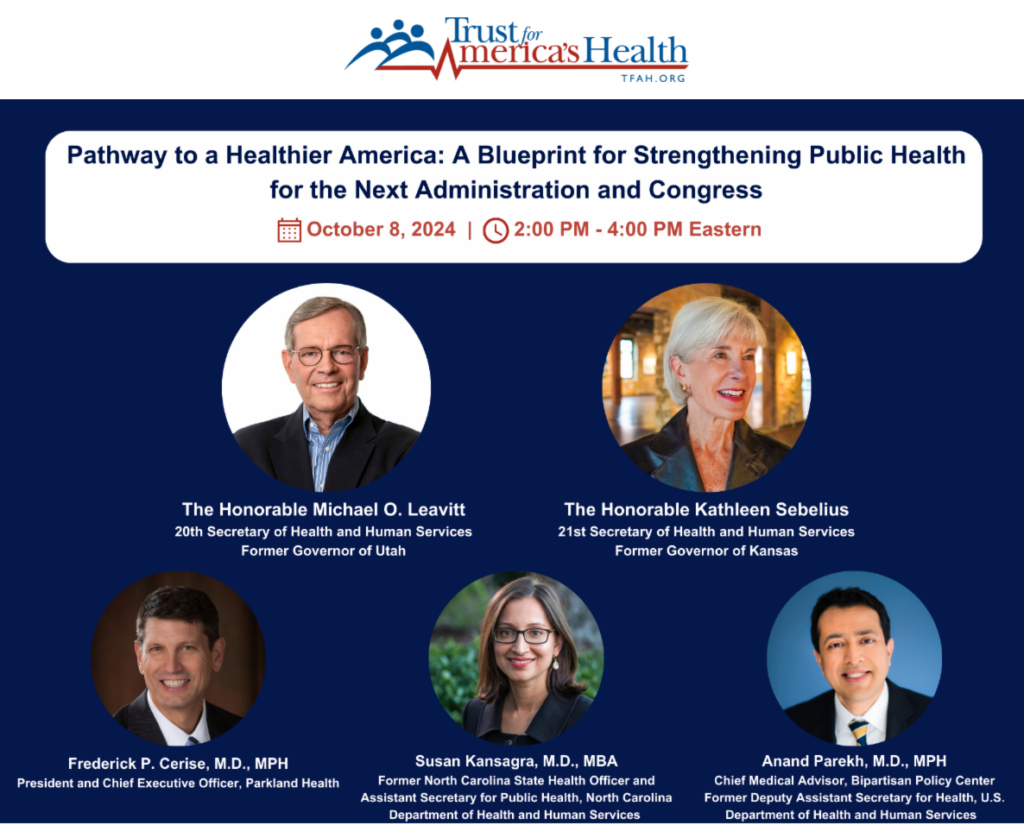Promoting Health Equity Through Economic Opportunity
February 27, 2024 • Webinar
A person’s economic well-being can be a driver of their mental and physical health, while an individual’s overall health status can affect their income and economic well-being. One example of how overall health and economic well-being are connected was the COVID-19 pandemic, as people in the United States simultaneously experienced health and economic crises. While current unemployment rates are among historic lows, the uneven economic recovery spotlights the degree to which household financial security remains fragile in America, particularly along racial and socioeconomic divides. States are uniquely positioned to take action to fill gaps in the economic security safety net and adopt innovative solutions to help communities thrive.
A panel of subject experts discussed the impact of COVID-19 pandemic financial assistance programs and opportunities to enact evidence-based policies to further address the economic needs of communities, improve their financial stability, and promote their health and well-being.
Resources
- Upward Mobility Framework Evidence Resource Library
- Measuring Upward Mobility in Counties and Cities Across the US
Panelists
-
Rachel SnydermanRachel Snyderman serves as the Director of Economic Policy at the Bipartisan Policy Center. Snyderman joined BPC following federal service with the Millennium Challenge Corporation, the Department of Commerce, and the Office of Management and Budget.

-
Isabel Dickson, MPHIsabel Dickson is the Economic Mobility Program Manager in the Children, Youth and Families Branch at the Colorado Department of Public Health and Environment.

-
Leandra Lacy, MPH, CHESLeandra Lacy is a training and technical assistance manager in the Research to Action Lab at the Urban Institute. She designs and delivers tailored technical assistance for community-based organizations supported by the CDC-funded Partnering for Vaccine Equity program.

Moderator
-
Tekisha Dwan Everette, Ph.D., MPA, MPH, CPHDr. Tekisha Everette is TFAH’s Executive Vice President. In this role, she works in partnership with TFAH’s President and CEO to chart and implement the organization’s strategic direction and priorities, provides counsel on current and emerging policy issues, and engages with key organizations, policymakers, and other partners to advance policy priorities to improve public health and promote equity.



